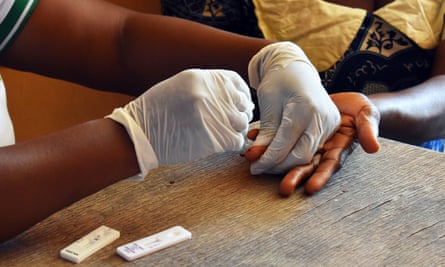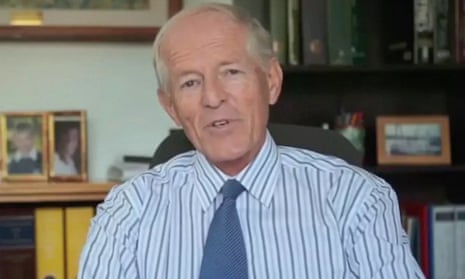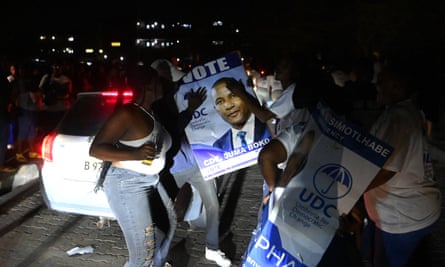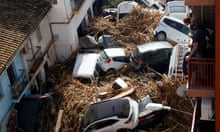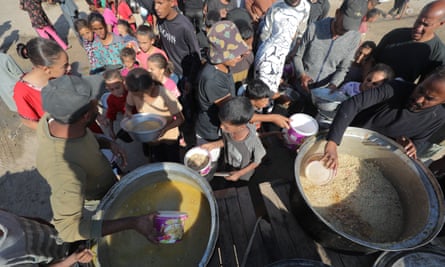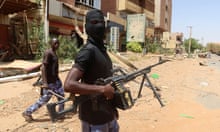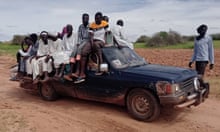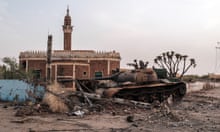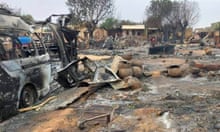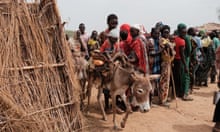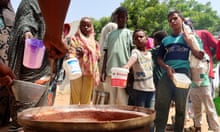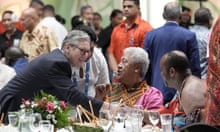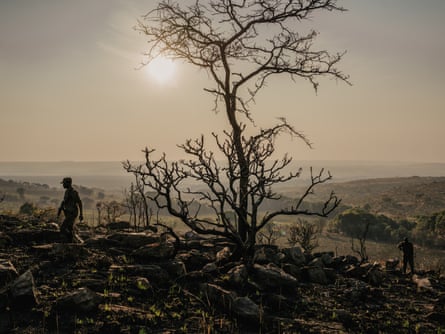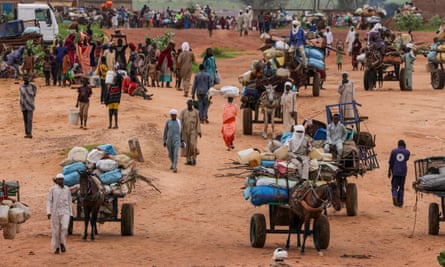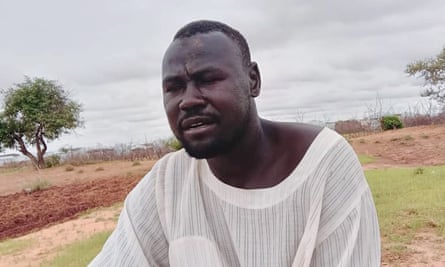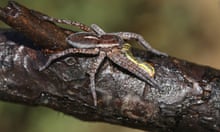UK court sides with Icelandic firm over artist’s spoof corruption apology
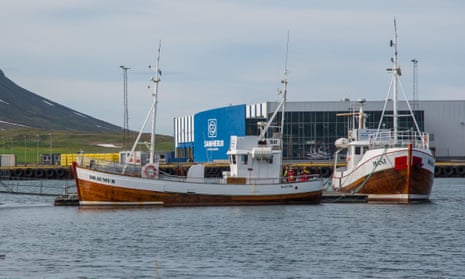
The property rights of Iceland’s largest fishing company prevail over the right to artistic expression of an artist who spoofed the firm’s website to draw attention to a high-profile corruption scandal, London’s high court has ruled.
For his 2023 work We’re Sorry, the Icelandic artist Oddur Eysteinn Friðriksson, who goes by the moniker Odee, copied the corporate identity of Samherji, a major supplier to Britain’s fish and chips industry, and uploaded on to the spoof website a statement titled “Samherji Apologizes, Pledges Restitution and Cooperation with Authorities”.
The pretend apology related to a corruption scandal known as the Fishrot files. In 2019, documents released by WikiLeaks and investigations by Icelandic media suggested Samherji had allegedly bribed officials in Namibia for profitable trawling rights.
Samherji filed a complaint accusing Odee of trademark infringement and malicious falsehood at London’s high court, arguing that English jurisdiction was appropriate because of the website’s co.uk suffix.
Several international artists and Icelandic organisations urged Samherji to drop the case, warning it would have a chilling effect on artists engaging critically with corporate power.
In a judgment released on Thursday, the judge Paul Teverson sided with the fishing company, concluding that Odee’s artwork was an “instrument of fraud, copyright infringement and malicious falsehood”.
He said that because Samherji’s logo and corporate design had not been altered in any significant way, defending the work as a caricature, parody or pastiche would be unlikely to succeed in a full trial.
“Parody must evoke an existing work but be noticeably different from the original and constitute an expression of humour or mockery”, Teverson said. “Pastiche imitates the style of an existing work whilst being noticeably different from the original.”
The high court further said the artist would probably fail to defend himself in court from the legal wrong of “passing off”, when someone misrepresents their goods or services as those of another party.
Samherji’s CEO, Thorsteinn Már Baldvinsson, said he was satisfied with the result. “This judgment must be a matter of serious consideration for the academic institutions that gave their blessing to obvious trademark violations under the guise of artistic expression,” he said.
The question of damages is due to be settled at a hearing in December.
Andra Matei, a Paris-based free-speech lawyer whose legal NGO, Avant Garde Lawyers, has been supporting Odee in the case, said: “We are up against corporations with millions and millions of dollars and legal systems that have historically not paid attention to the crucial role that artists such as Odee play in the strengthening of democracies. This decision has only furthered our resolve to take this fight all the way to the very end.”
Odee, 41, said he had not yet decided whether he would appeal against the judgment.
Sabine Jacques, a senior lecturer in intellectual property law at Liverpool University, said it was disappointing that the court did not delve further into the defence of parody.
“Since the parody defence is still relatively new in the UK, questions abound whether wholesale copying is allowed and how to assess context remain complex and challenging,” Jacques said. “For example, can parody include brief confusion, provided it is ultimately resolved in the public’s mind? Arguably yes, and recognising this would reinforce a strong commitment to freedom of expression, particularly in the realm of artistic expressions.”
Much of the court hearing in September centred on the question of whether Odee’s conceptual artwork had undermined goodwill that Samherji enjoyed in the UK, with the artist arguing that the fishing company had undermined its reputation all on its own.
After the Fishrot scandal broke in 2019, Namibia’s justice minister Sacky Shanghala and fisheries minister Bernhardt Esau resigned. They are among 10 people due to go on trial over allegations of fraud, corruption and racketeering.
Earlier this week, the prosecution in that case asked for court proceedings to be postponed until a claim by three of the accused challenging the constitutionality of the appointment of an acting high court judge is resolved, according to the Namibian, a local newspaper.
No one has faced charges in Iceland but a criminal investigation there is still ongoing.
Samherji apologised for “mistakes” in a 2021 statement in which it vehemently denied allegations of any criminal offences apart from that admitted to by a whistleblower, Jóhannes Stefánsson, who was the company’s director of operations in Namibia at the time of the alleged corruption.
The scandal had a devastating effect on locally employed fishers. Of 90 former fisheries workers who lost their jobs when their company’s fishing quota was reallocated to Samherji, 90% are still unemployed, according to a report published this week by the Institute for Public Policy Research (IPPR), a Namibian thinktank.
The IPPR report called for Samherji to “apologise for its role in Fishrot to the Namibians impacted, and urges full redress to affected individuals and communities.”







